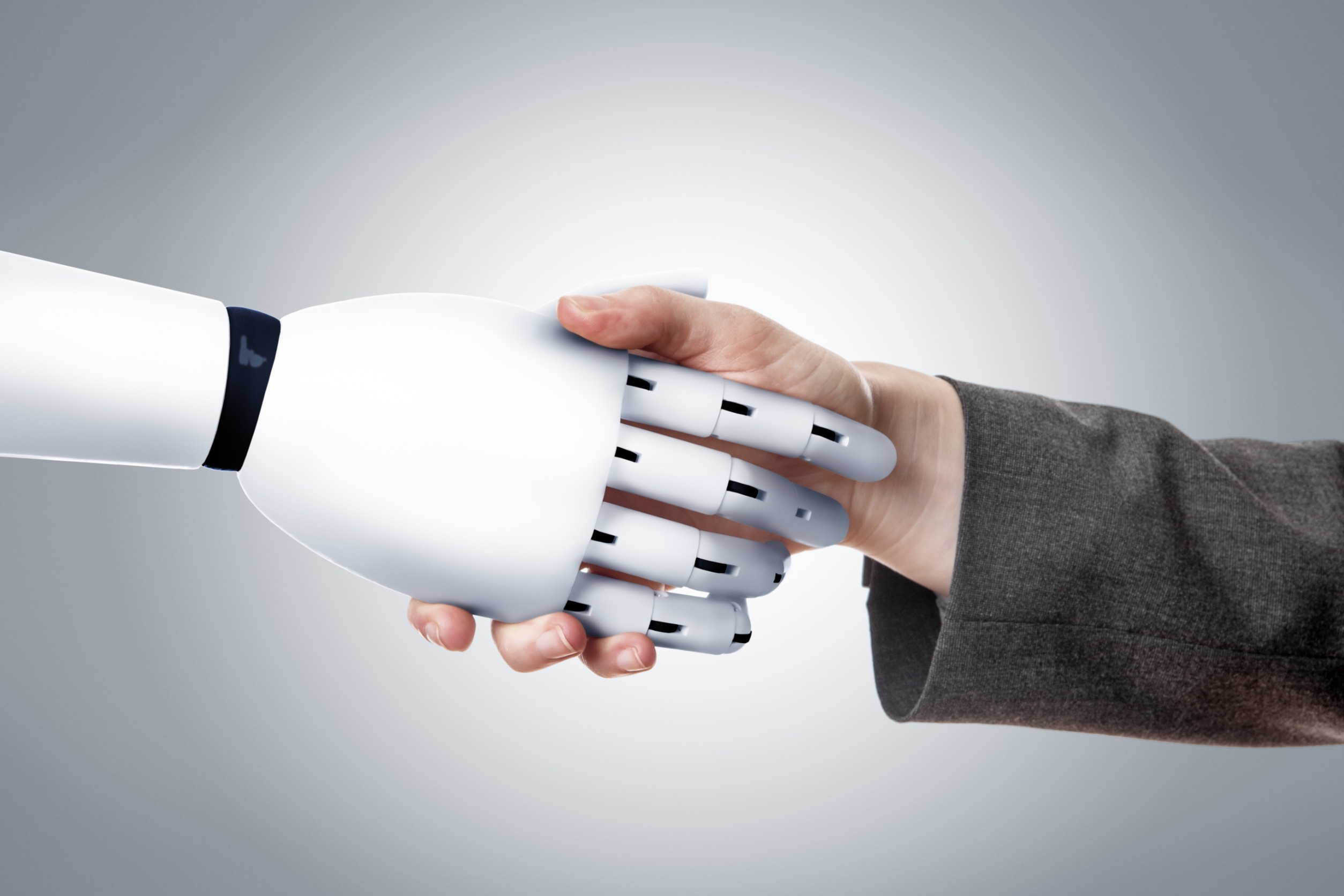Fearful of AI in HR? How to work better with the tech

In the swiftly evolving landscape of today’s workplace, a new concern has emerged known as FOBO—fear of becoming obsolete. It is the unsettling feeling that the rapid advancements in technology, particularly AI, might outpace our ability to keep up, potentially sidelining us in our own careers.
As these feelings spread throughout the workforce, it is pivotal to understand that AI—especially generative AI—is not the enemy but rather the strategy; it is a transformative force poised to elevate the HR domain. It is making our roles more impactful and empowering us to finally achieve strategic outcomes.
AI and HR: A partnership for the future
Generative AI is revolutionising HR, but it is crucial to see this as an opportunity rather than a threat. Imagine having an ultra-intelligent ally that can scan a myriad of data points in moments (think: resumes), instantly suggest the most viable matches and bring them quickly through an elegant candidate experience for human vetting at the same time it would take a recruiter to schedule the first phone screen.
This does not mean our human touch—our empathy, our intuition and our personal connections—is being replaced. These irreplaceable human skills, in fact, are becoming even more valuable; as AI handles the routine, we get to focus on what truly matters: building and nurturing a vibrant workplace culture.
Tackling FOBO head-on
FOBO can feel overwhelming. However, there are five practical, straightforward strategies to dispel these fears so HR can step confidently into the future alongside AI:
- Embrace continuous learning:Staying relevant means embracing a mindset of continuous growth and curiosity. Dive into the world of AI, not just to demystify it but to discover how it can amplify your creative and strategic capabilities in HR. Lifelong learning extends beyond technology; it encompasses leadership, empathy and innovation, which are skills that cannot be replicated by AI.
- AI as a strategic partner:Utilise AI to enhance decision-making, streamline processes and personalise the employee experience. This strategic partnership allows HR to transcend traditional roles, leveraging AI’s analytical strengths to foster a more engaging, dynamic workplace.
- Elevate human strengths:In an automated world, our human qualities—empathy, creativity and the capacity for moral and ethical reasoning—stand out. These are the strengths that define great HR professionals and leaders. By focusing on developing these inherently human skills, we ensure our indispensable place alongside AI.
- Familiarise yourself with AI:The future is collaborative, with humans and AI working side by side. Understanding AI’s capabilities and how to interact with it demystifies the technology; it turns apprehension into appreciation. It is about transforming the question from “Will AI take my job?” to “How can AI make me even better at my job?”
- Adaptability is key:The only constant in life is change. Embracing adaptability and resilience as core competencies ensures we thrive in an ever-changing work environment. This mindset is not about surviving; it is about thriving and seizing opportunities as well as innovation brought by AI.
Cultivating a mindset of changefulness
The journey beyond FOBO requires more than just strategies; it demands a fundamental shift in mindset—a shift towards changefulness. Changefulness is the ability to see change not as a force to be feared but as an endless source of opportunity and growth. It is about viewing each technological advancement and each shift in the workplace landscape as a chance to learn, to adapt and to excel in today’s environment. A few tips to ensure changefulness is at the core of your initiatives:
- Building a culture of innovation:Encourage a workplace culture that celebrates innovation, where trying new ideas and embracing new technologies are valued. This culture of innovation makes navigating the waves of change exciting and rewarding.
- Creating spaces for dialogue and learning:Foster environments where conversations about AI and its implications for the workplace are welcomed and encouraged. These dialogues can demystify AI, spark curiosity and inspire collective exploration of how to harness this technology for the betterment of all.
- Championing diversity of thought:Diverse perspectives are invaluable in navigating change. Encourage teams to share insights and ideas from a broad spectrum of experiences. This diversity of thought enriches our strategies for integrating AI into HR, ensuring we create inclusive, forward-thinking solutions.
Embracing the future together
In facing FOBO, we find an invitation to grow, innovate and lead with courage. By embracing AI as a transformative ally, committing to lifelong learning, nurturing our unique human strengths and cultivating a mindset of changefulness, we not only secure our relevance in the future of work but also open doors to new possibilities for fulfillment and achievement in the HR field.
READ MORE: AI platform aims to transform APAC’s employment landscape
The path forward is clear: Let us join hands with AI, stepping boldly into a future where change is not a threat but a promise—a promise of a more efficient, inclusive and human-centric workplace. Together, with AI as our partner, we are not just overcoming FOBO; we are setting the stage for a new era of HR excellence. Let us make work better—for everyone, with everyone.
About the author: With a career that spans over two decades in HR and technology, Jason Averbook is senior partner and the Global Leader of HR Transformation at Mercer, where he is also a leading figure in the firm’s global generative AI strategy and services. This article was first published on Human Resource Executive.



